Gifted, Academically Talented, Accelerated , etc. All terms we have heard to described, well , not usually our kids, but what happens when these students end up on your caseload? Yes, it can happen. I have actually had a few over the years. In my experience, when a student fits into both ‘Gifted’ and ‘Special Education’, they are deemed ‘Twice Exceptional’. This means that are an identified gifted child who also has a diagnosed disability. The way I approach working with these students tends be slightly different than with my students who are not in Gifted Ed.
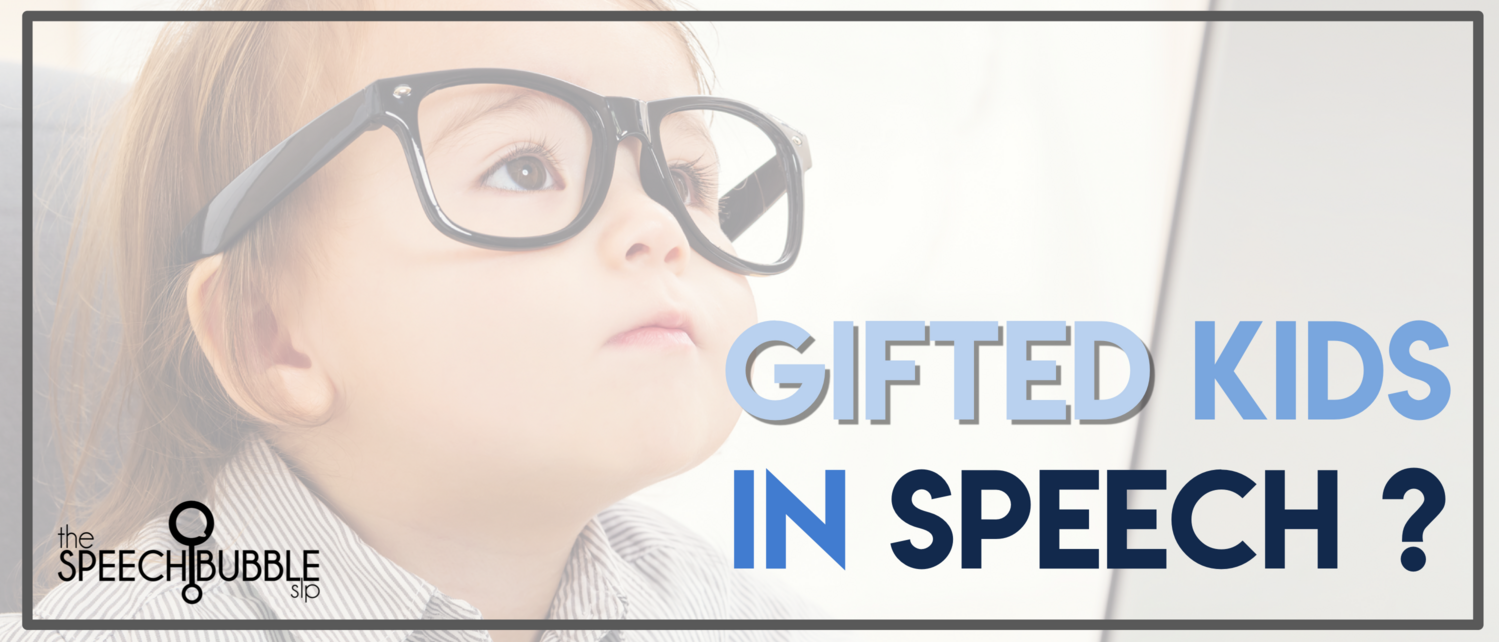
Who Are Twice Exceptional Students?
As I said, these are students who have been identified as being both gifted and having an identified disability that may require Special Education support as well. With my past experience, I have had students who have been gifted and had Autism, gifted and had a fluency disorder, gifted and had an articulation disorder, gifted in math but had a language disorder which makes ELA ( English Language Arts ) tough. There are of course more combinations, but these are just some of the students I have had the joy of working with.
What’s different about working with twice exceptional students?
Working with students who are gifted but need your support as an SLP is an interesting experience and not one that is typically discussed. We are usually taught about how to support students whose skills are maybe lacking across the board. Who are getting services from you, OT, PT, the special education teacher etc. We are taught that these students needs lots of visuals, repetition, experiences with multi modalities, encouragement, etc.
So how are Twice Exceptional students different? These students are those that pick up things quick, and I mean quick. They tend to me a bit more mature ( not all mind you, but most ). They can have less patience for others who do not get things as quickly and get easily frustrated by them. They can get offended easily if they see visuals and manipulatives because they see these as ‘not for them’ and ‘babyish’. They can be perfectionists who are easily frustrated when their first attempt at something new is not met with success. This can lead to meltdowns and loss of participation. You have can higher level conversations with them, level with them a bit ( within reason of course ).
I have found these students to also be highly sensitive. That is why they can get so upset when their first, or second attempt, at something does not go as planned. This is more so than my students who are not labeled as gifted. Those students are usually aware they struggle to some degree and are maybe used to doing things a couple of times before it sticks. They are amazing how they will keep at something, which really puts me in my place when I am on take two of the same workout program because the first go around didn’t go to well.

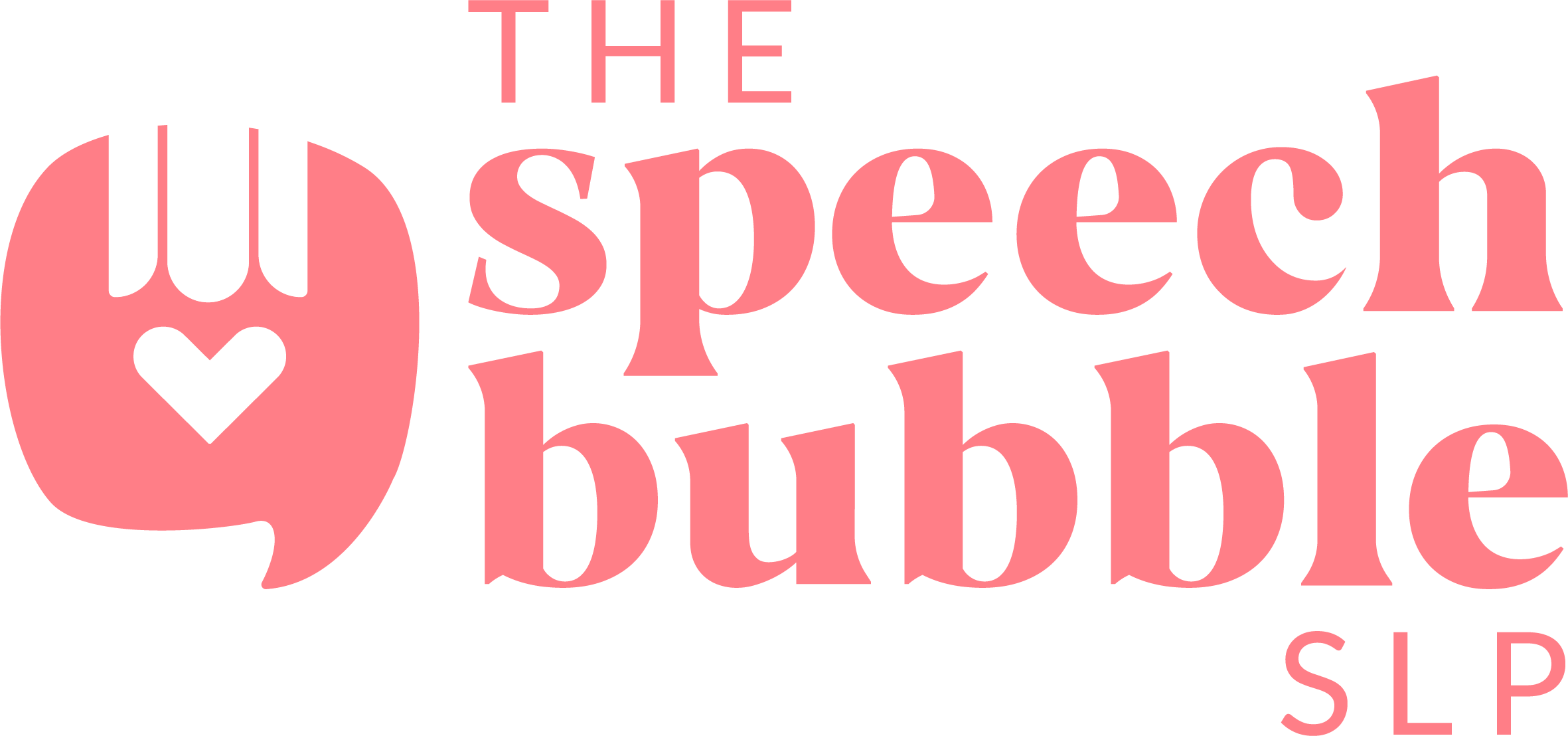







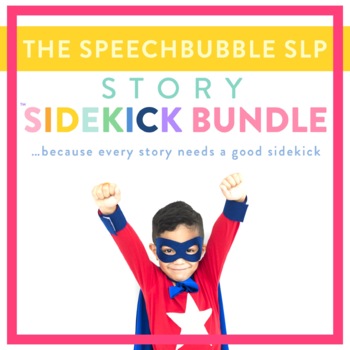
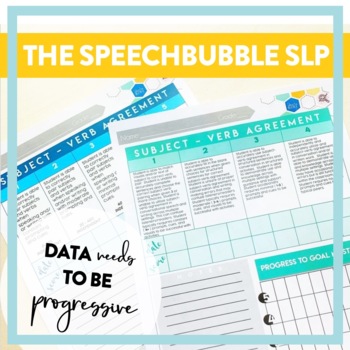
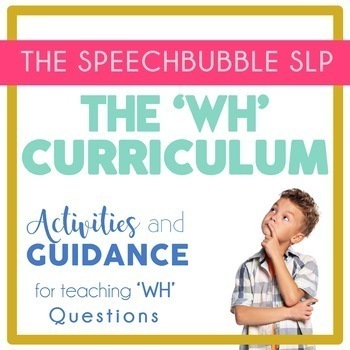



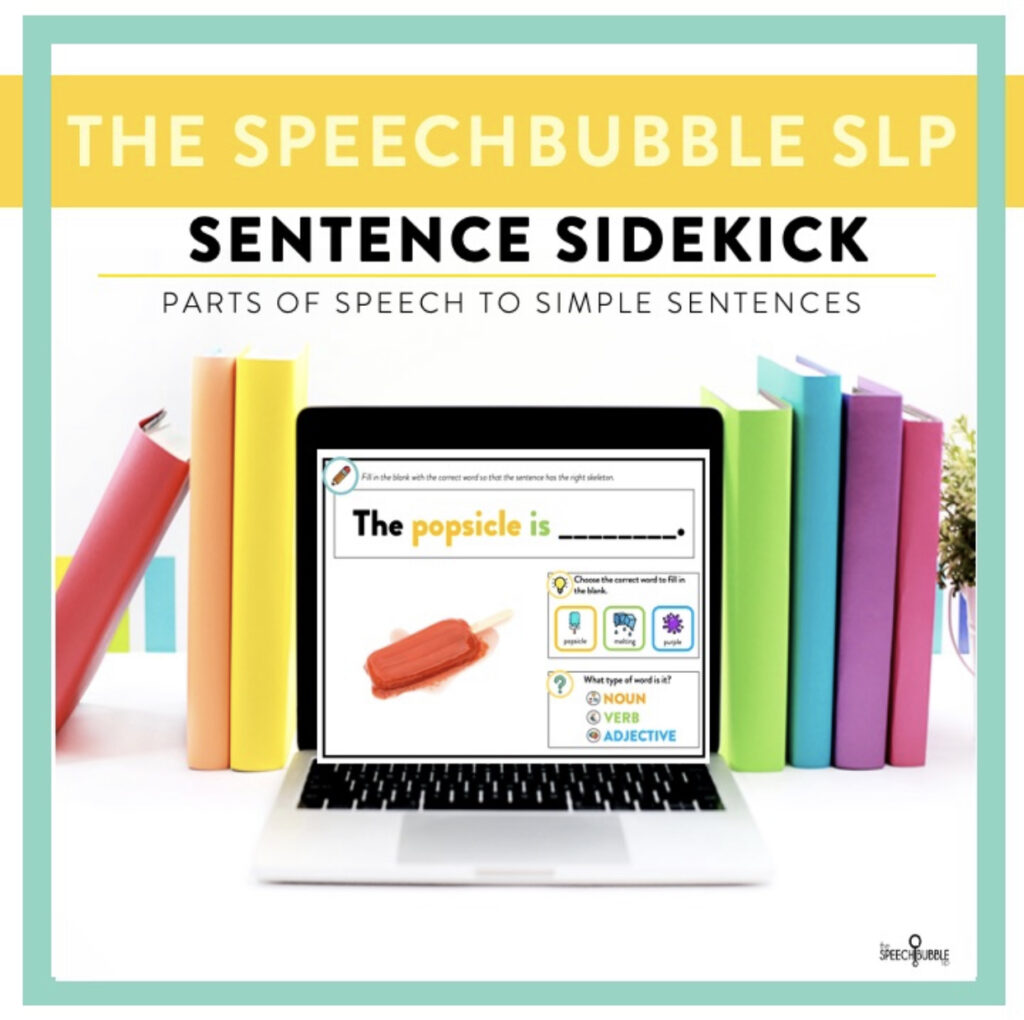

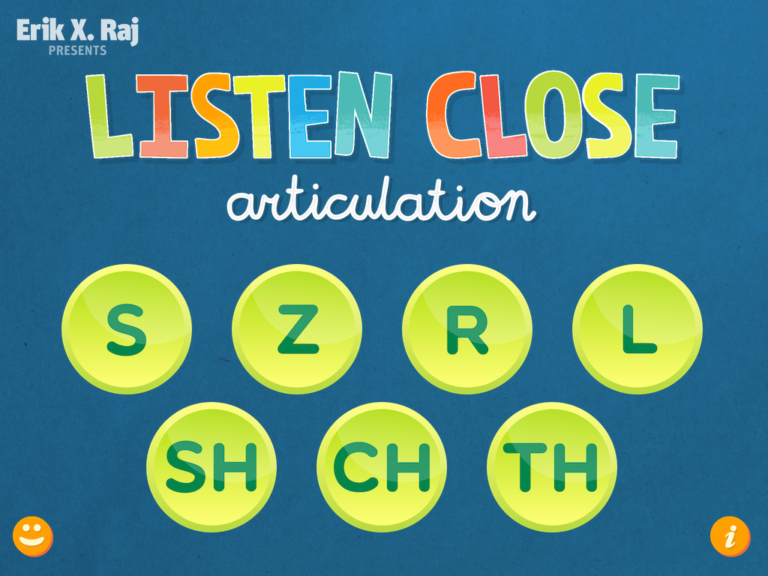
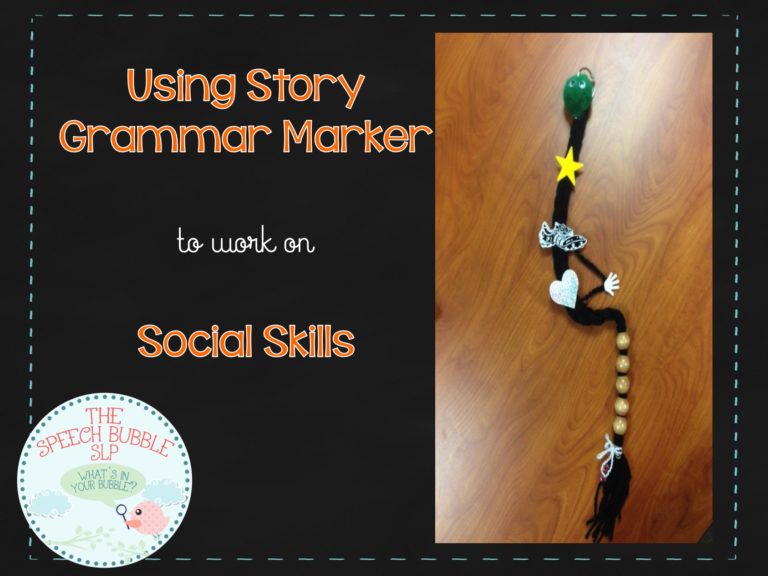
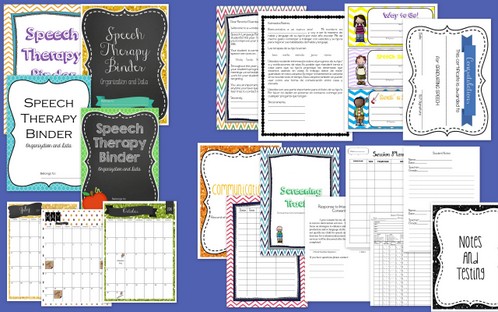

5 Responses
You’re so right about the extra sensitive part! This is a timely reminder. Thanks
So happy to hear it 🙂
I work at a magnet school where 60-70% of our school is placed based on academic achievement and/or are labeled GT. All of this is spot on and took me several years to learn! Thanks for sharing!
Excellent post. I’m on the fence of asking school to evaluate my 2e son for speech. He is very verbal but makes many social errors in pragmatic. Worth a shot?
Always